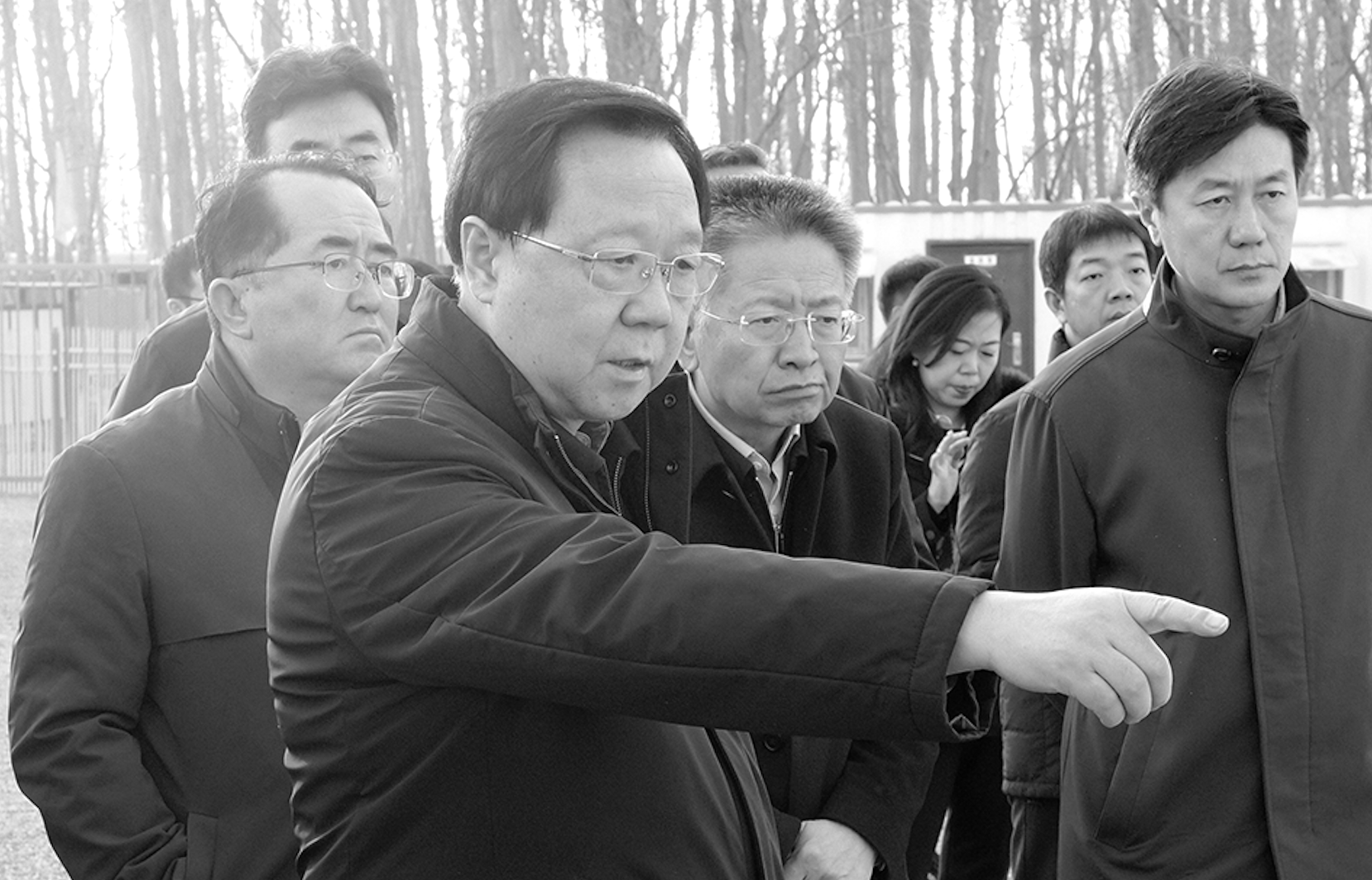
Wang Guanghua served as China’s Minister of Natural Resources from June 2022 to December 2024, where he propelled the nation’s deep-sea-mining agenda. Since October 2022, he has also sat on the 20th CPC Central Committee. His tenure was marked by a concerted effort to bolster China's self-reliance in critical minerals essential for the country's energy transition and technological advancement.
Born in January 1963 in Xingyang County, Henan Province, Wang pursued a degree in economic geography at Peking University, graduating in 1983. He commenced his career at the Ministry of Agriculture, Animal Husbandry and Fishery, later transitioning to the State Land Administration. Over the years, Wang held various positions, including deputy director and director roles within the Ministry of Land and Resources. In July 2015 he was appointed vice-minister of the then-Ministry of Land and Resources (predecessor of today’s MNR) in July 2015 and retained the post after the 2018 re-organisation.
His extensive experience in land and resource management laid the foundation for his leadership in natural resource governance. During his ministerial tenure, Wang emphasized the urgency of securing China's supply of strategic minerals amid global supply chain uncertainties. He advocated for enhanced domestic exploration and the development of large-scale mining projects to reduce dependence on foreign sources. In a 2023 interview, Wang highlighted the necessity of accelerating mineral exploration to ensure energy security and support the nation’s industrial needs.
Under Wang's guidance, China achieved a significant milestone in deep-sea mining. China’s first ISA-approved environmental impact statement (EIS) for polymetallic-nodule mining cleared in March 2025. The technical work began under Wang, though the formal sign-off came three months after he left office.
Wang also played a crucial role in promoting marine ecological conservation. He chaired the Chinese National Decade Committee, established in August 2022, which aimed to coordinate national efforts in marine scientific research and environmental protection under the framework of the United Nations Decade of Ocean Science for Sustainable Development.
After concluding his term as Minister of Natural Resources in December 2024, Wang was succeeded by Guan Zhi'ou. His tenure left a lasting impact on China's approach to resource management, balancing the pursuit of mineral self-sufficiency with environmental considerations. His policies continue to shape China’s strategy in deep-sea mining and broader resource governance.



